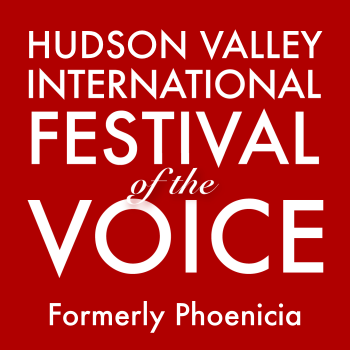I often listen to a piece of music before I begin writing.
While working on the script for Philadelphia, I had chosen the aria, La Momma Morta, by Umberto Giordano, and sung by Maria Callas, to serve as my inspiration. We had been struggling to come up with a scene between our main characters — Andrew and Joe — that would allow their somewhat caustic relationship to develop into something deeper. All sorts of suggestions had been made, including one that had Andrew and Joe getting gay-bashed (even though Joe wasn’t gay) and bonding as they fought off their attackers. Seriously.
On this particular morning, as I was getting into the writing mood, listening to the Callas aria, I was especially moved by the music. In fact, tears came to my eyes and streamed down my face. That’s when I heard a knocking at the patio door, just a few feet away, where the man who mowed my lawn was standing, hoping to ask me a question about the yard. He looked a little surprised when he saw my tear-streaked face but said nothing about it.
When our brief business was through, I was overwhelmed by a deep sense of shame, having been “caught” crying over an opera. I had been taunted as a sissy growing up and that embedded self-hatred never goes away completely. Suddenly I realized I had the scene we had been searching for: Andrew would describe the aria to Joe and be visibly moved by it, allowing his emotional, opera-loving gay self to be exposed. But the scene isn’t only about a gay man proudly putting himself on display. Andrew is using the aria to describe the fear he feels about his imminent death. And that’s how people often talk about their fears — obliquely, through art.
Incidentally, the title of the 2009 film, I Am Love, is taken directly from this scene, as that is the last line of the aria.
Ron Nyswaner, Los Angeles, April 29, 2022

Leave a Reply
You must be logged in to post a comment.